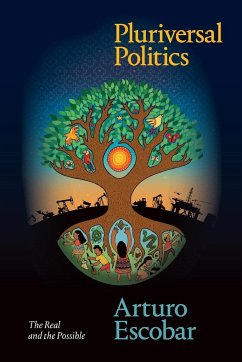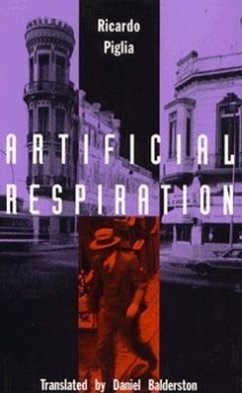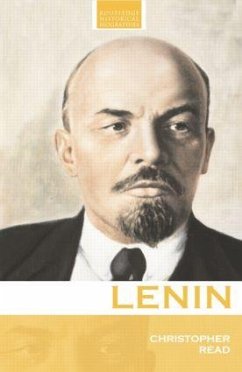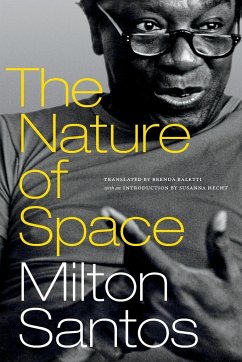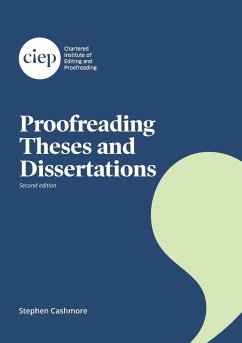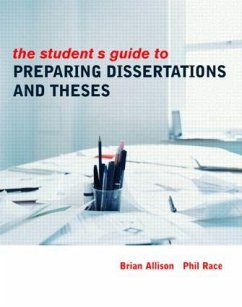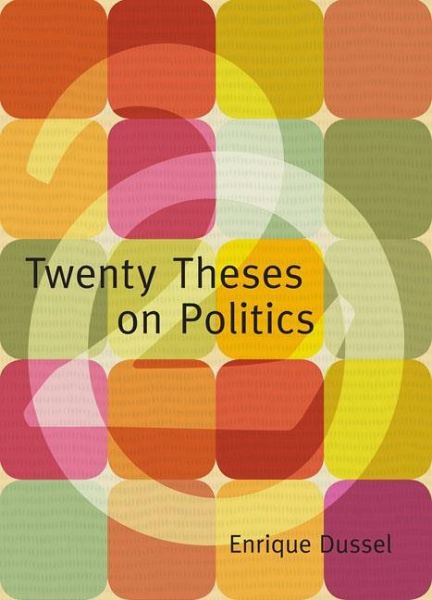
Twenty Theses on Politics
Versandkostenfrei!
Versandfertig in über 4 Wochen
29,99 €
inkl. MwSt.
Weitere Ausgaben:

PAYBACK Punkte
15 °P sammeln!
First published in Spanish in 2006, Twenty Theses on Politics is a major statement on political philosophy from Enrique Dussel, one of Latin America’s-and the world’s-most important philosophers, and a founder of the philosophy of liberation. Synthesizing a half-century of his pioneering work in moral and political philosophy, Dussel presents a succinct rationale for the development of political alternatives to the exclusionary, exploitative institutions of neoliberal globalization. In twenty short, provocative theses he lays out the foundational elements for a politics of just and sustain...
First published in Spanish in 2006, Twenty Theses on Politics is a major statement on political philosophy from Enrique Dussel, one of Latin America’s-and the world’s-most important philosophers, and a founder of the philosophy of liberation. Synthesizing a half-century of his pioneering work in moral and political philosophy, Dussel presents a succinct rationale for the development of political alternatives to the exclusionary, exploitative institutions of neoliberal globalization. In twenty short, provocative theses he lays out the foundational elements for a politics of just and sustainable coexistence. Dussel first constructs a theory of political power and its institutionalization, taking on topics such as the purpose of politics and the fetishization of power. He insists that political projects must criticize or reject as unsustainable all political systems, actions, and institutions whose negative effects are suffered by oppressed or excluded victims. Turning to the deconstruction or transformation of political power, he explains the political principles of liberation and addresses matters such as reform and revolution. Twenty Theses on Politics is inspired by recent political transformations in Latin America. As Dussel writes in Thesis 15, regarding the liberation praxis of social and political movements, “The winds that arrive from the South-from Nestor Kirchner, TabarÉ VÁsquez, Luiz InÁcio Lula da Silva, Evo Morales, Hugo ChÁvez, Fidel Castro, and so many others-show us that things can be changed. The people must reclaim sovereignty!” Throughout the twenty theses Dussel engages with Latin American thinkers and activists and with radical political projects such as the World Social Forum. He is also in dialogue with the ideas of Marx, Hegel, Habermas, Rawls, and Negri, offering insights into the applications and limits of their thinking in light of recent Latin American political thought and practice.




